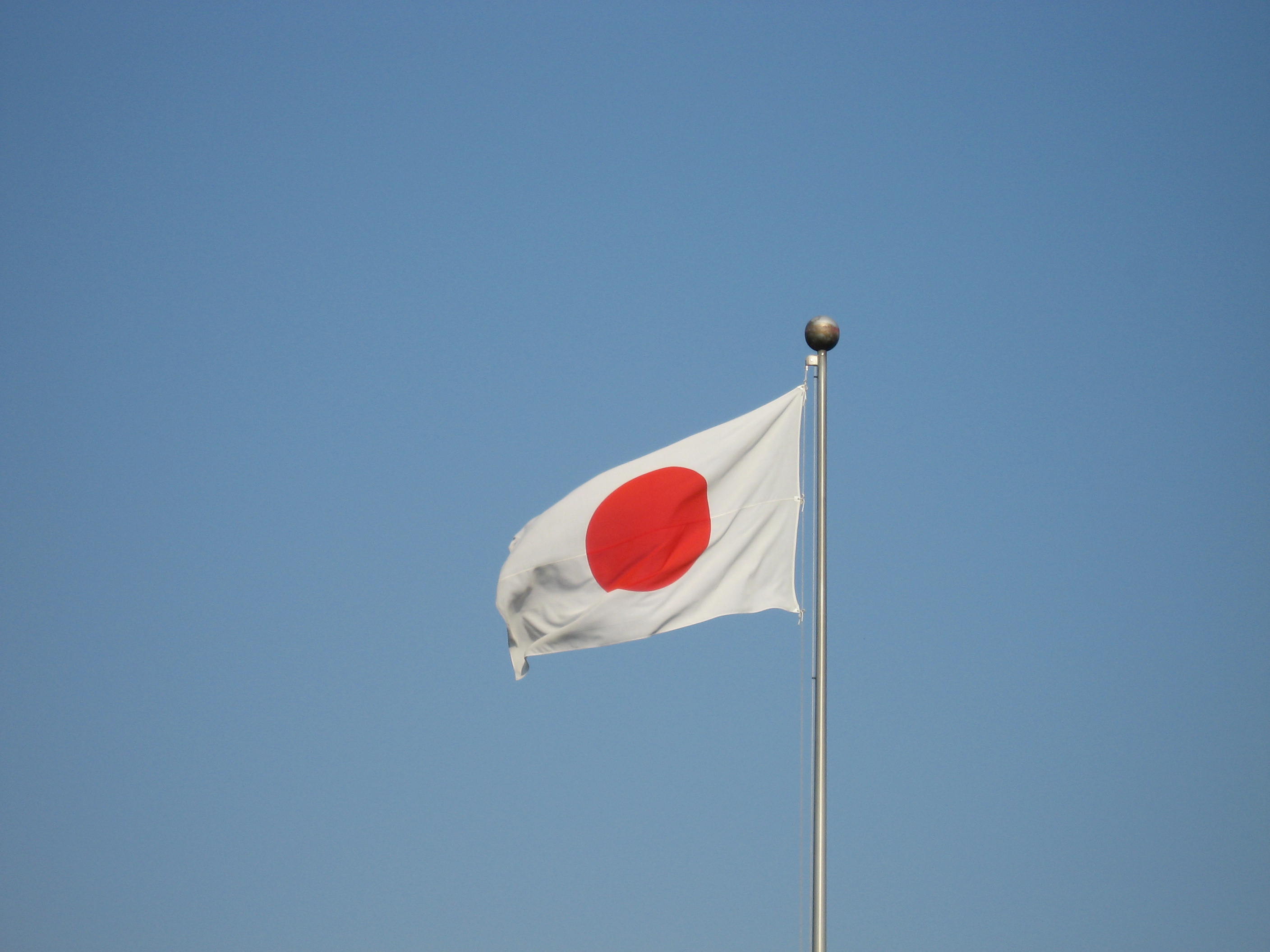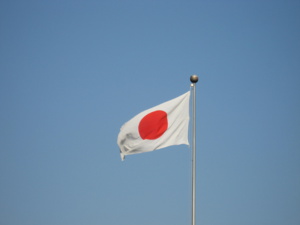According to Japan's Ministry of Finance, exports fell by 12.9% year on year last month, compared with an average market estimate of reduction of 11.3%. Such a sharp decline was recorded immediately after prolonged reduction (4 months in a row) of deliveries of steel and petroleum products in the world.
It was the biggest decline since October 2009, when the global financial crisis has affected the reduction in global demand.
According to the latest data from Japan, the country’s government have several options of how to revive the ailing economy, even if the Bank of Japan continue its policy of shock.
"Exports fell against in the face of the situation on the steel and oil markets. In addition, exporters have refused shipments before the Chinese New Year holidays." - said a representative of the Ministry.
The economic slowdown in China, the largest trading partner of Japan, had a negative impact not only on the economy but also on the world markets, causing damage to commodity exporters.
In January, Japan's exports to China fell by 17.5% year on year. It was the sixth month of decline caused by reduction in the supply of liquid crystal displays.
The third-largest economy shrank by 1.4% in annual terms in the period from October to December. While analysts expect a return to moderate growth in the current quarter, weak exports and lower consumer spending only complicate the work of the authorities trying to get the economy back on track.
Japan is not alone with its woes. The economic downturn began in China echoed in the regional trade-dependent economies such as South Korea, Taiwan and Singapore.
In January, deliveries to Asia, which account for more than half of Japan's total exports, fell by 17.8%, which was the fifth month of annual declines.
Annual exports to the US fell by 5.3% in January, mainly in regard to the supply of steel and auto parts. Shipments to the EU fell by 3.6%. Annual imports decreased by 18.0% in January, compared with an average forecast decline of 16.0%.
source: bloomberg.com
It was the biggest decline since October 2009, when the global financial crisis has affected the reduction in global demand.
According to the latest data from Japan, the country’s government have several options of how to revive the ailing economy, even if the Bank of Japan continue its policy of shock.
"Exports fell against in the face of the situation on the steel and oil markets. In addition, exporters have refused shipments before the Chinese New Year holidays." - said a representative of the Ministry.
The economic slowdown in China, the largest trading partner of Japan, had a negative impact not only on the economy but also on the world markets, causing damage to commodity exporters.
In January, Japan's exports to China fell by 17.5% year on year. It was the sixth month of decline caused by reduction in the supply of liquid crystal displays.
The third-largest economy shrank by 1.4% in annual terms in the period from October to December. While analysts expect a return to moderate growth in the current quarter, weak exports and lower consumer spending only complicate the work of the authorities trying to get the economy back on track.
Japan is not alone with its woes. The economic downturn began in China echoed in the regional trade-dependent economies such as South Korea, Taiwan and Singapore.
In January, deliveries to Asia, which account for more than half of Japan's total exports, fell by 17.8%, which was the fifth month of annual declines.
Annual exports to the US fell by 5.3% in January, mainly in regard to the supply of steel and auto parts. Shipments to the EU fell by 3.6%. Annual imports decreased by 18.0% in January, compared with an average forecast decline of 16.0%.
source: bloomberg.com






